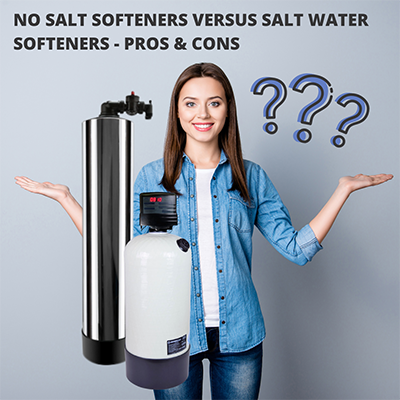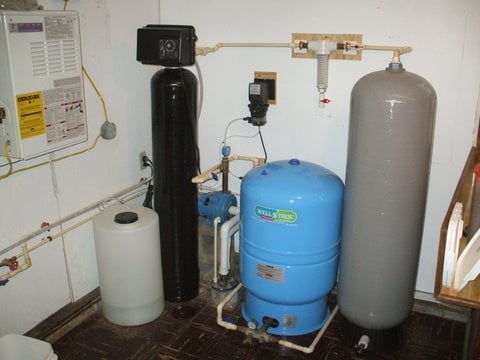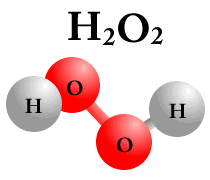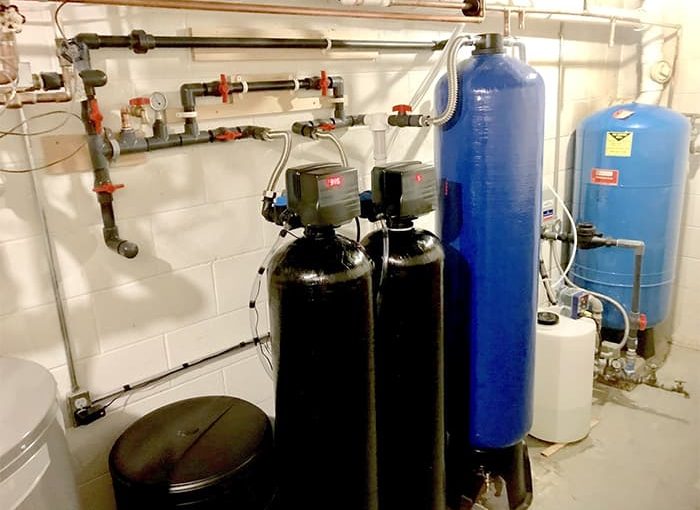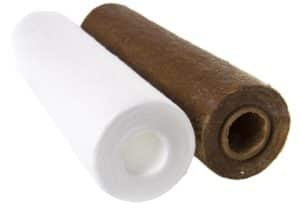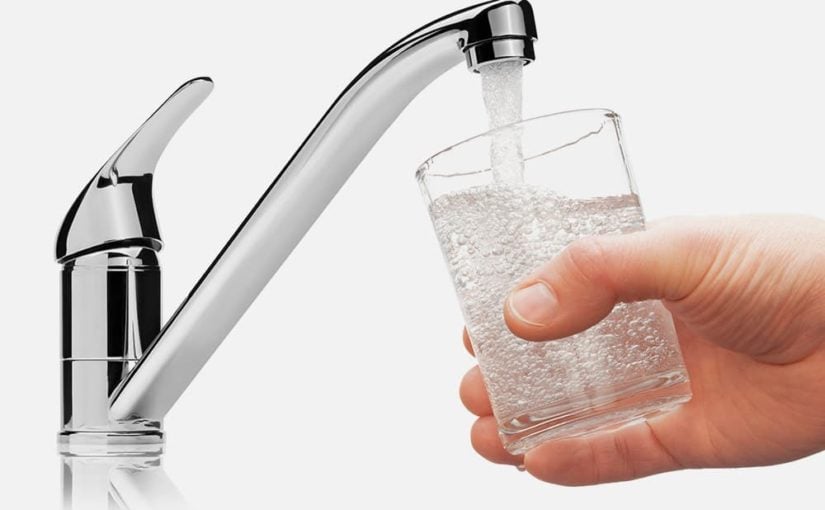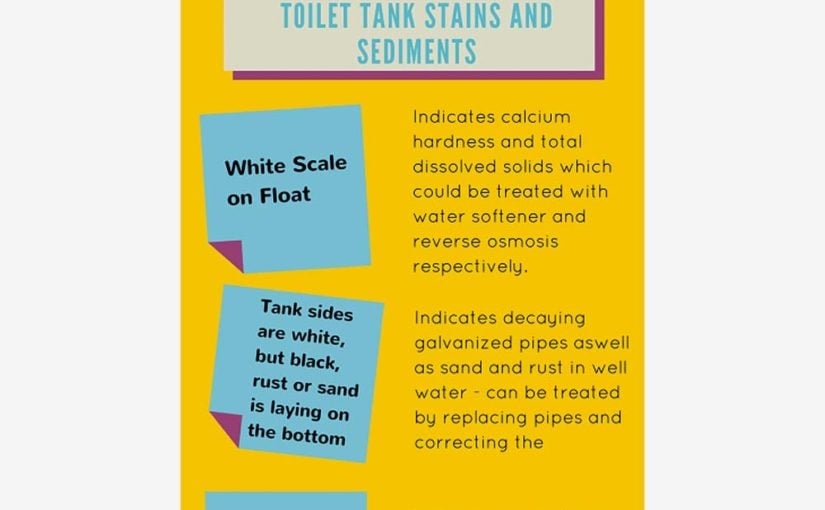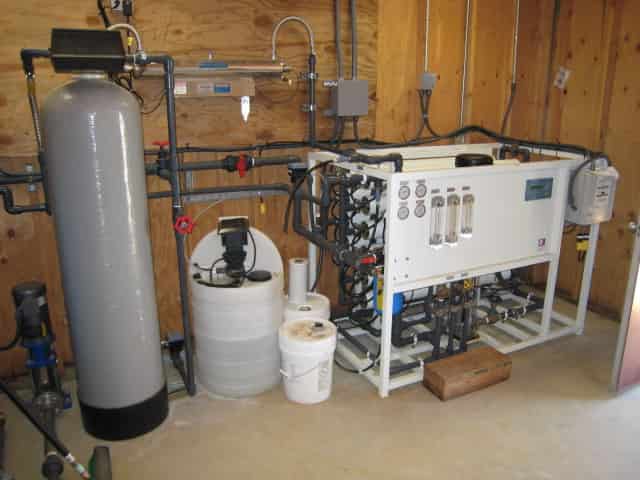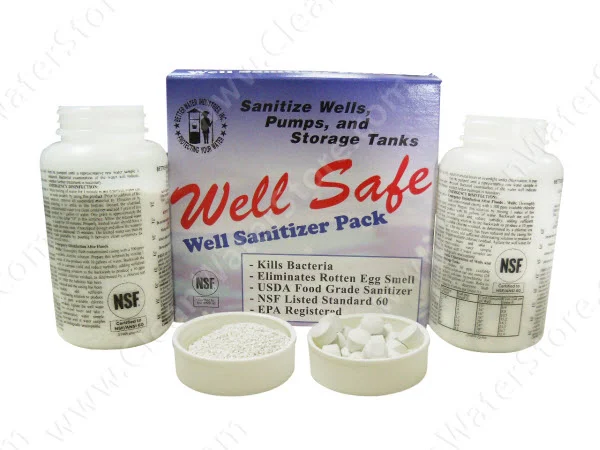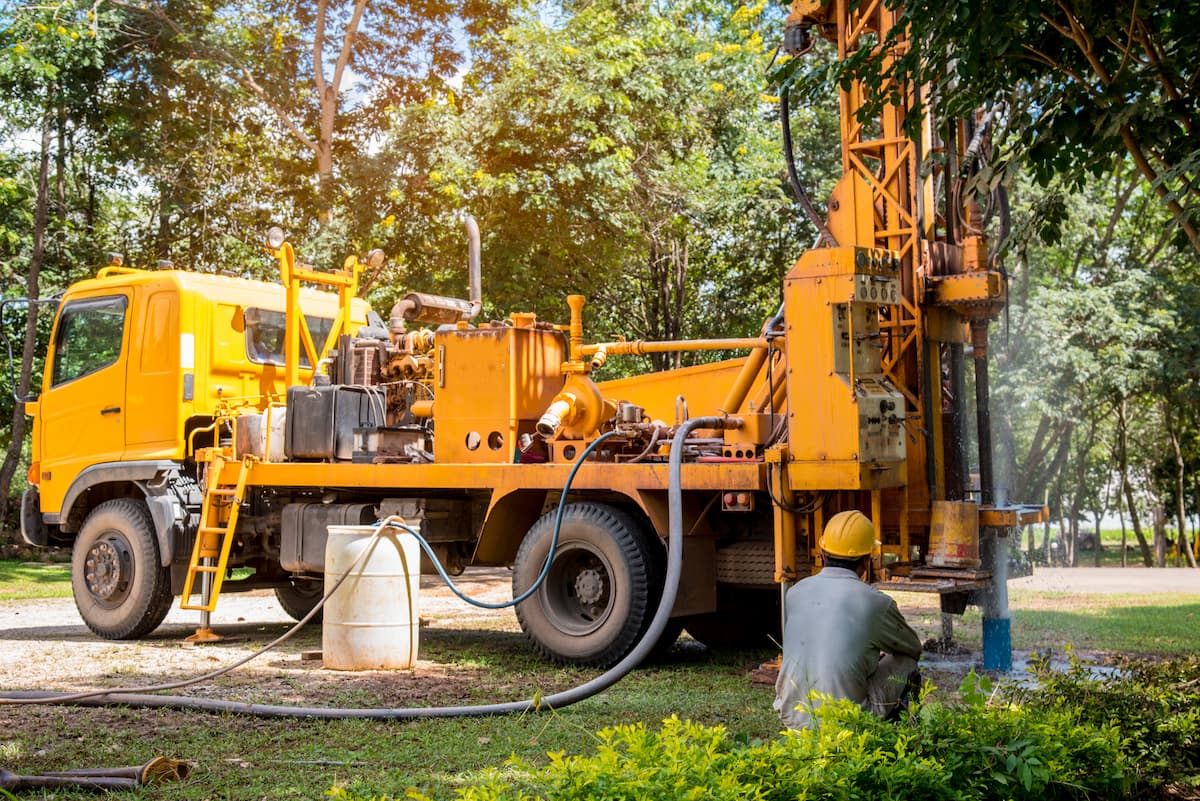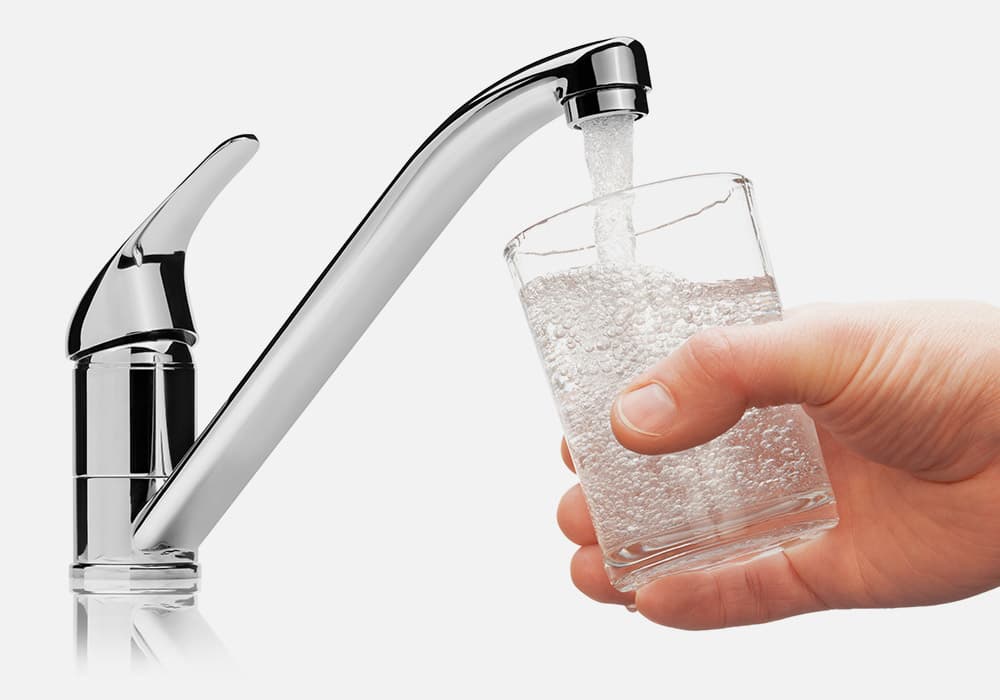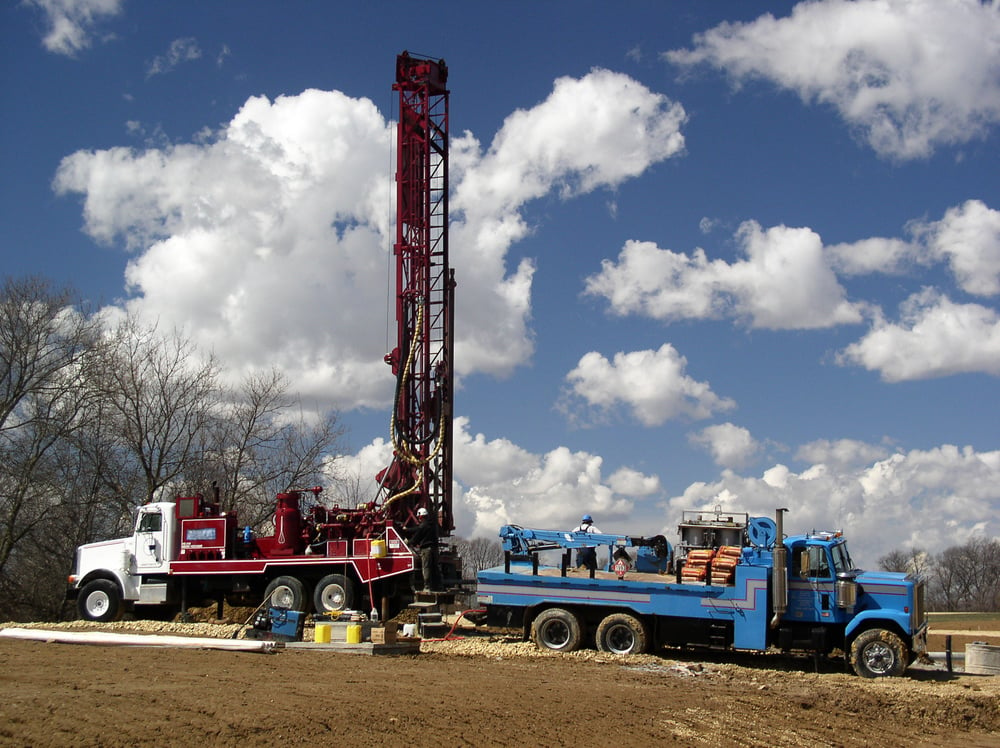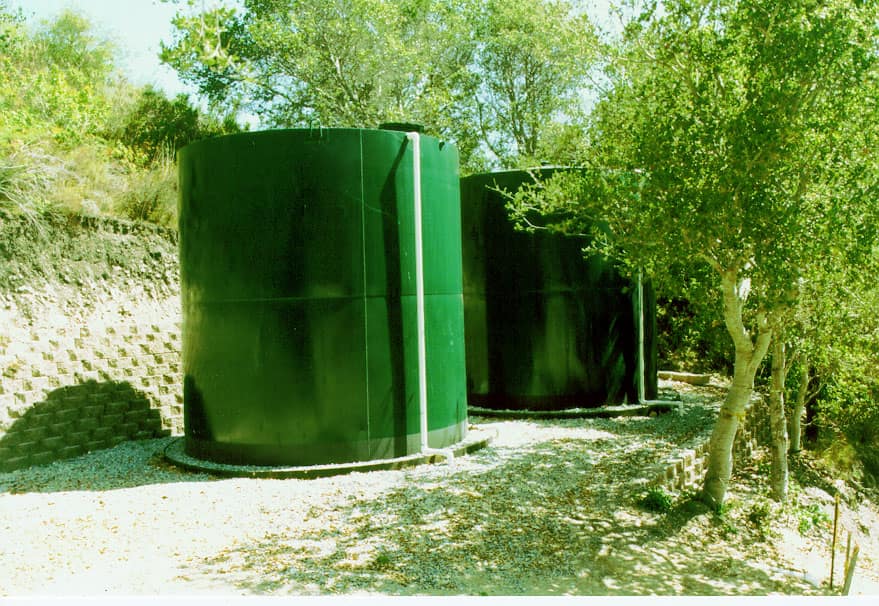What is the difference between water conditioners, such as the Scale Stopper, and traditional water softeners that use salt? Traditional water softeners use salt brine to exchange hardness calcium minerals with sodium ions. Hardness minerals (calcium and magnesium) are removed from the water so the water is then “soft” or free of hardness minerals. Soft … Continue reading What is The Difference Between Salt-free Water Conditioners and Standard Water Softeners?
Category: Well Water Treatment
How to Filter Water After Chlorination
A good question to ask is how to filter chlorine from water. Chlorination can be a very effective treatment method for bacteria and odors and a good pre-treatment for filtering iron and manganese particles. However, the process can cause users problems in septic tanks, as the chlorine will kill the bacteria in the tank and … Continue reading How to Filter Water After Chlorination
Hydrogen Peroxide in water
We often receive a question like this: “I have a liquid chlorine bleach well water chlorinator. I want to switch to injecting hydrogen peroxide instead. Can I clean out my existing chlorine metering pump and switch to peroxide?” This is an excellent question, and often the answer is Yes. Hydrogen peroxide (“H2O2”) is becoming very … Continue reading Hydrogen Peroxide in water
5 Most Common Mistakes Selecting Well Water Treatment Systems
Well Water Treatment Systems Over the last 30 years, we have worked on thousands of well water treatment installations or Well Water Treatment Systems. Unfortunately, by the time many of our customers work with us, they are installing their 2nd or 3rd well water treatment system after having problems with the water filtration system that … Continue reading 5 Most Common Mistakes Selecting Well Water Treatment Systems
What To Do When Your Water Well Begins To Pump Sand Or Grit
If your well begins to pump sand, silt, or dirt, this can indicate a serious problem with your well. Sand in well water or sediment in well water requires some problem-solving. Sand in water can lead to abrasive wear of the well pump, clogging, and premature replacement of fixtures, appliances, and your water treatment system. … Continue reading What To Do When Your Water Well Begins To Pump Sand Or Grit
How to Select a Filter Cartridge for Whole House Sediment Removal
Cartridge filters have the advantage of being low cost, easy to install, use no electricity, and generate no wastewater. However, the disadvantages of cartridge filters are that eventually, sediment will plug up the Water Filter Cartridge membrane's pores, cause pressure drop, and result in a loss of water pressure in the home or business. Cartridge … Continue reading How to Select a Filter Cartridge for Whole House Sediment Removal
7 Warning Signs Your Water Well Is In Trouble
There are some tell-tale signs you can look for that can alert you to well water problems. In many cases the well problem can be the result of a combination of causes. Correcting the problem may require more than one action. Find out the common symptoms, what to look for, and how to correct your well water problems.
Sediments, Stains and Water Sediment Filters 101
When you have a water system that uses well water, it is important to do regular water testing to ensure that the water that the well is supplying into your household is safe. Sometimes, bacteria, stains, and sediments can be found in the water. Often, water sediment filters won't take care of everything. Unlike city … Continue reading Sediments, Stains and Water Sediment Filters 101
5 Common Mistakes in Selecting Water Treatment Systems
Over the last 30 years, we have worked on the installation of thousands of well water treatment systems. Unfortunately, by the time our customer worked with us, they were installing their 2nd or 3rd system after having problems with the treatment system they had before. We realized after some time that there were 5 common … Continue reading 5 Common Mistakes in Selecting Water Treatment Systems
Acid Well Water: The Simple Way to Neutralize Acidic Well Water & End Copper Corrosion Problems
Did you know that rainwater is slightly acidic, and in some cases can be very acidic? This can cause acidic groundwater and might cause your well water to be corrosive to plumbing, fixtures, and appliances. Common causes for acidic well water are from acid rainfall due to atmospheric carbon dioxide and other airborne pollutants, and in … Continue reading Acid Well Water: The Simple Way to Neutralize Acidic Well Water & End Copper Corrosion Problems

